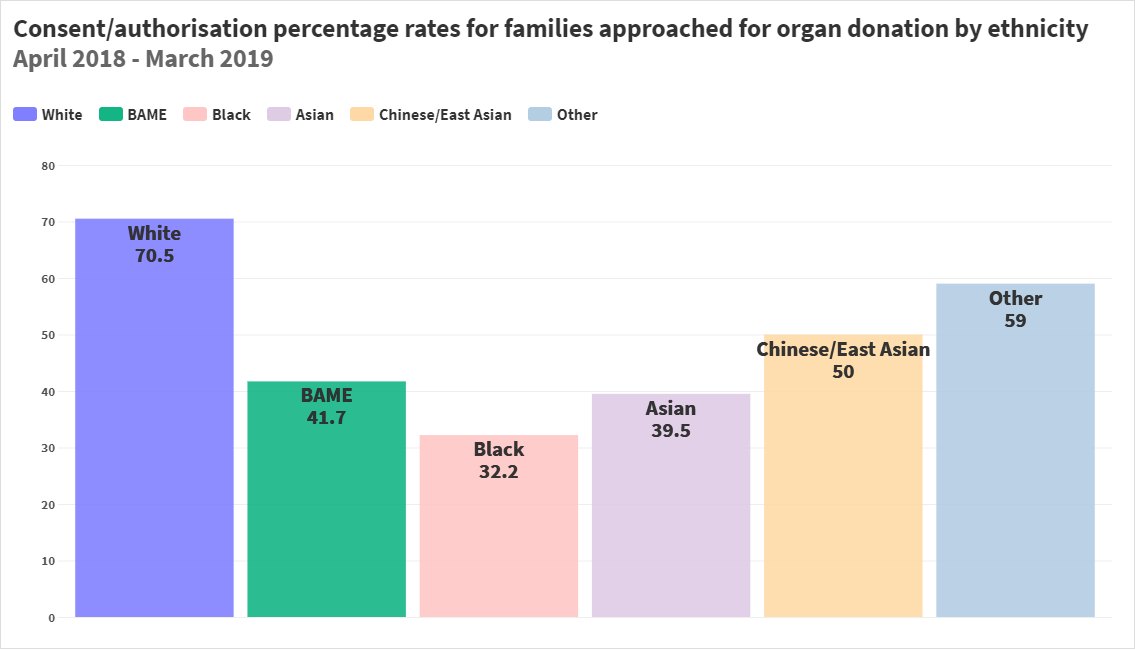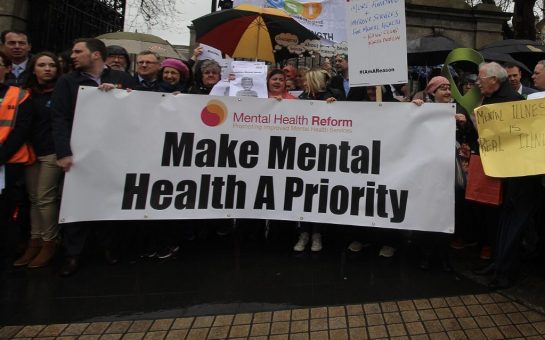By Jacqueline Shepherd
January 08 2020, 17.40
Follow @SW_Londoner
Hundreds of lives will be saved from spring 2020 when the law on organ donation in England changes.
The switch means anyone over 18-years-old who dies (with the exception of special groups) will automatically be considered for organ donation – this will significantly improve outcomes for minority groups.
Naomi Adams 38 from north London who has end stage kidney failure and needs a transplant says the change gives hope to people from minority ethnic backgrounds.
Ms Adams said: “For me personally, the law change brings a renewed hope that instead of feeling resigned to a life of dialysis and poor health, I may be one day closer to receiving the call that will change my life, to simply regain my strength, confidence and ability to enjoy life without limitations again.”
NHS data showed in 2018/19 deceased white donors accounted for 92.4% far outweighing the number of white people on the donor waiting list at 68.6%.
During the same period the number of deceased black donors was just 1.3% significantly lower than the number of black people on donor waiting list at 10.5%.

Ms Adams commented: “The current system of asking people to “opt-in” doesn’t appear to be making a significant enough impact on the number of people waiting for a life saving organ transplant.
“In fact, the number of people waiting for a transplant from ethnic minority backgrounds has been steadily rising over time.”
African Caribbean Leukaemia Trust (ACLT) work to improve the odds of finding stem cell, blood or organ donor matches, by registering potential donors with a focus on African and Caribbean communities
ACLT founder Beverley De-Gale OBE said: “ACLT fully supports the change in law around organ donation. Black people must stand up and be prepared to help save other lives, especially when matching depends upon racial identity.”

Although organ transplants can be carried out between parties of different ethnic backgrounds, tissue rejection is less likely and positive long-term results are far higher, the closer the ethnic match.
According to an NHS report, in 2018/19 organ donation consent rates from white people were at 71% compared to 41% for black, Asian and minority ethnic people.
This number becomes even more acute when looking more closely at the different ethnic groups.

The same report cites the main reasons minority families gave for denying consent were religious/cultural beliefs or being unsure if the patient would have agreed to donation.
Ms Adams said: “We need to leave behind the historic, cultural or supposed religious reasons that have been holding us back. Ethnic minorities just aren’t as willing to donate as others. Something needed to change.”
ACLT’s Ms De-Gale agrees: “People should not listen or read the damaging social media fake news and instead make up their own mind based upon the truth. Black lives matter, well here’s our chance to prove it.”
Ms Adams concludes: “I feel on the whole this change is a positive step to helping the many thousands waiting for a call that could change their lives for the better.
“Someday it could save the life of the very person who resists change.”
Excluded from the law change are under 18’s, people who lack mental capacity to understand the new arrangements, and people who have lived in England for less than 12 months or not living here voluntarily.




